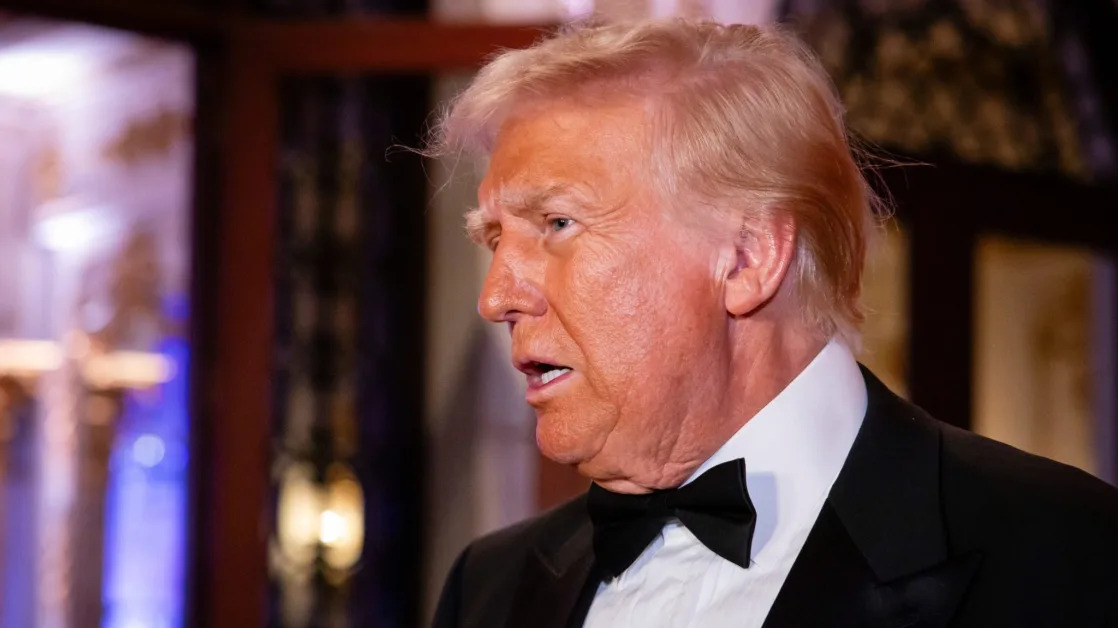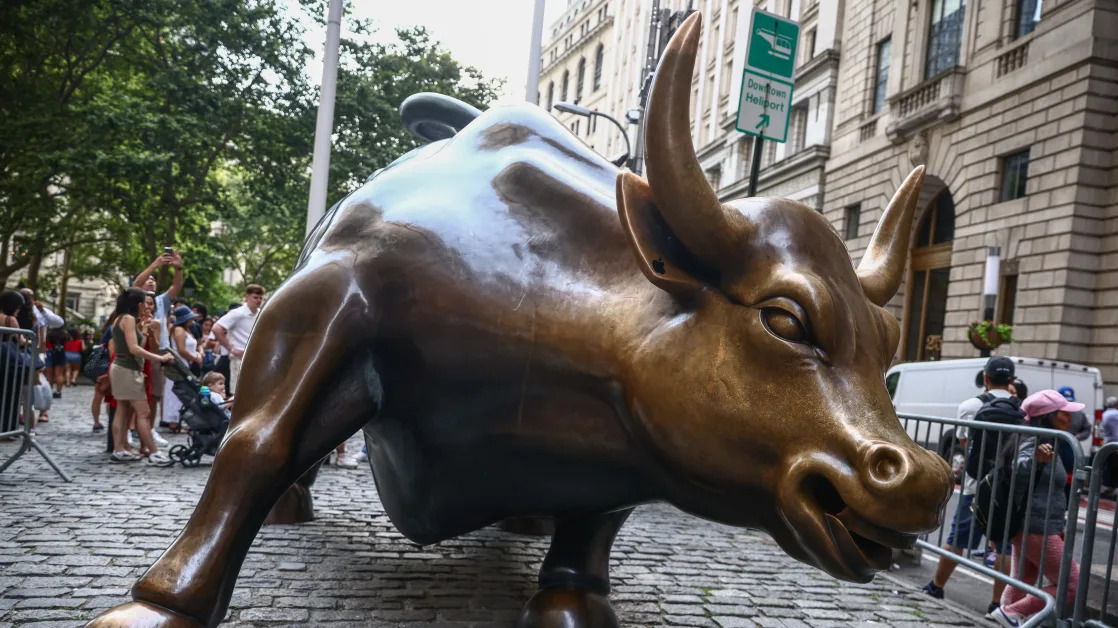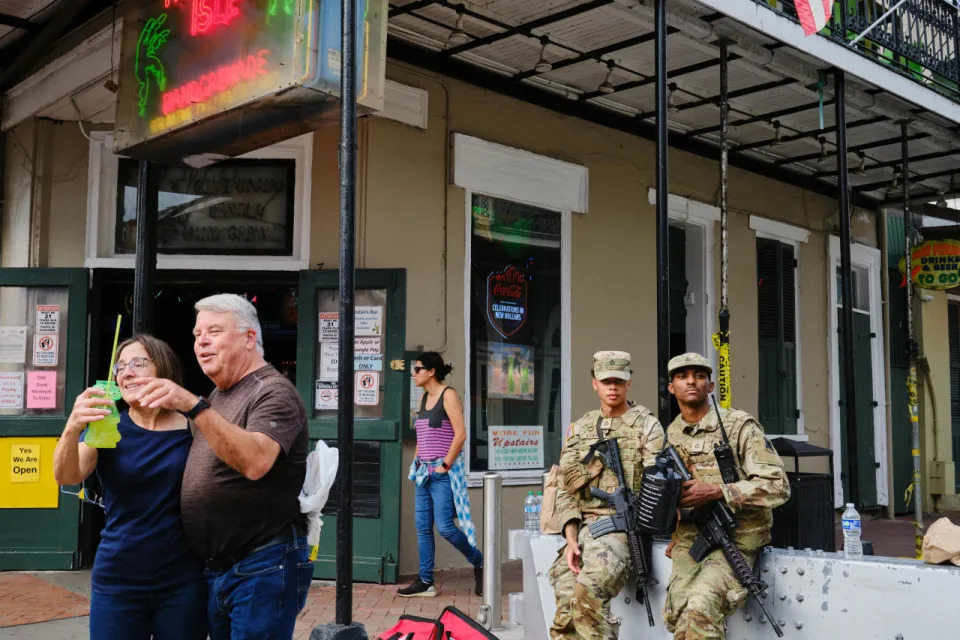
NEW ORLEANS—Welcome banners are temporarily covering broken windows on a blighted skyscraper and vacant lots downtown. The hosts of this weekend’s Super Bowl are looking for a more lasting fix.
Long plagued by natural disasters , infrastructure issues and high crime , New Orleans’ economy has fallen behind that of other major southern cities such as Houston and Atlanta that it once eclipsed. No other U.S. metro area with at least 500,000 people saw a bigger population decline between 2020 and 2023. And a deadly New Year’s vehicle-ramming attack that terrified visitors on Bourbon Street showed the risks of the city’s heavy reliance on tourism .
Federal authorities are beefing up security for the high-profile game. At the same time, local officials are trying to use this weekend to show that New Orleans offers more than a crowded bar.
“We have embraced the party in the front, and neglected the business in the back part of the mullet,” said Susan Bonnett Bourgeois, secretary of Louisiana’s economic development department. “Our laissez-faire attitude got us into the position of having to fight to get it all back.”
Efforts this week include courting executives with a dinner at one of the city’s top restaurants, a business panel and networking event, plus tours of a music-recording studio and NASA’s Michoud Assembly Facility. Officials on Thursday announced investments in local industry, including $50 million in funding for startups and the creation of a nonprofit Institute for Artificial Intelligence.
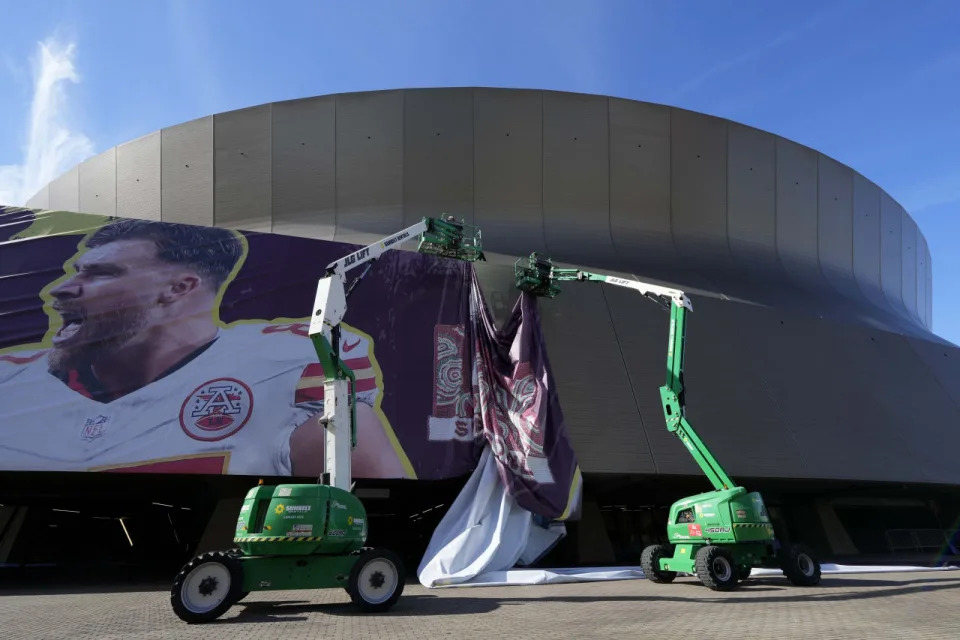
This is standard business-wooing fare, but key for a city that has come to rely on the low-paying services sector for most jobs.
“We have a lot to sell in Louisiana, we’ve just done a bad job selling it,” Republican Gov. Jeff Landry said.
New Orleans’ economy has struggled on and off since the oil bust of the 1980s drove away many of its largest employers. The city’s population of 364,136 as of 2023 remains well below where it stood when Hurricane Katrina struck two decades ago.
The trajectory hasn’t been all bad: billions of dollars in post-Katrina aid helped, as did rising industries in the region such as film and television, healthcare and digital media. But the Covid-19 pandemic, Hurricane Ida and a homeowners’ insurance crisis each struck a fresh economic blow.
New Orleans’ personal income per capita remains well below the national average, while its unemployment rate—4.6% as of December—hovers slightly higher.
“A lot of us were expecting that our population would finally surpass 400,000 and perhaps grow,” said Richard Campanella, a historical geographer in the school of architecture at Tulane University. “But it’s been a really rough decade.”
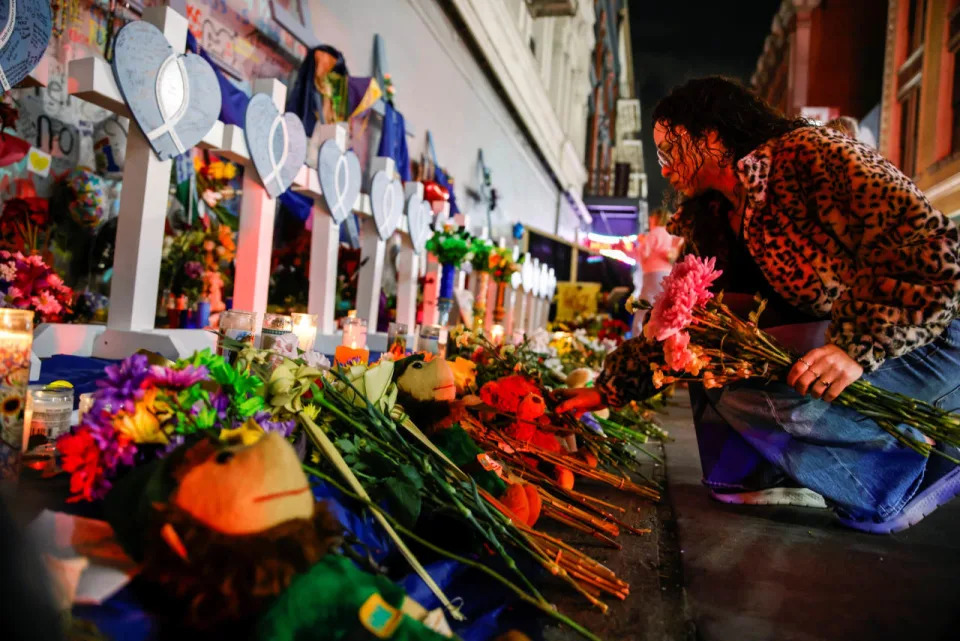
Louisiana got a win in December when Meta Platforms announced it would build a $10 billion AI center in Richland Parish in the state’s struggling northeast corner. The GOP-led legislature passed a suite of tax cuts during a November special session that the state’s governor hopes will help persuade other executives to set up shop.
Public safety will also be vital this weekend, which marks New Orleans’ 11th time hosting the Super Bowl, and its biggest event since the Bourbon Street attacker killed 14 people .
Visitors will see more officers stationed in busy areas and new bollards designed to block vehicles from getting onto Bourbon Street. Vehicles and coolers, like the ones the attacker used to make homemade bombs, are banned and backpacks are subject to law enforcement search inside a new French Quarter “enhanced security” zone.
“We’ve recognized some of the gaps that were in there,” Landry said.
The Department of Homeland of Security is overseeing security planning throughout the weekend, as it does for every Super Bowl. More than 2,000 law enforcement agents will be stationed throughout the city, a drone detection system will monitor skies over the Superdome and a combination of temporary barriers and armored vehicles will block access to the busiest intersections.
“Naturally, there’s a question of whether we have made adjustments in our security plan in light of the events of January 1, and the answer is an unequivocal yes,” the National Football League’s chief security officer, Cathy Lanier, said at a press conference.
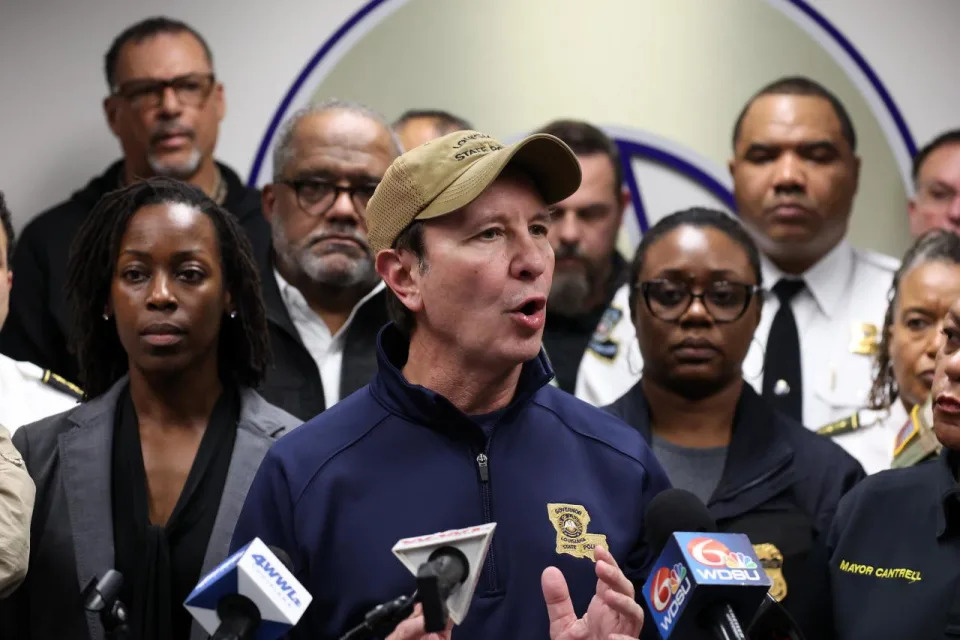
New Orleans is also combating an image of decay that has sometimes overshadowed visions of quaint French Quarter cottages. Problems included gaping sinkholes, frequent water main breaks and several recent building collapses.
The state appointed Michael Hecht, who heads the region’s economic development group, as Super Bowl infrastructure coordinator. He said he has cataloged and organized the repair of potholes, broken streetlights and graffitied walls within a roughly three-mile radius of the Superdome.
“There’s a direct business cost with having substandard infrastructure,” Hecht said. “Broken truck axles cost money.”
Greg Rusovich, chief executive of logistics management company TransOceanic Development, has watched many of his fellow company owners leave the state over the past 20 years. Local energy company Entergy is the state’s only member of the S&P 500 stock index.
Rusovich blames business losses on quality-of-life issues, such as crime and education, as well as a less business friendly tax structure and more bureaucracy than Florida or neighboring Texas. New Orleans had the highest murder rate in the country in 2022, with 265 homicides. The number declined to 124 by last year.
He is hopeful the latest efforts will pay off.
“We saw what losing is like,” Rusovich said. “We don’t want to lose anymore.”

Write to Rachel Wolfe at rachel.wolfe@wsj.com



